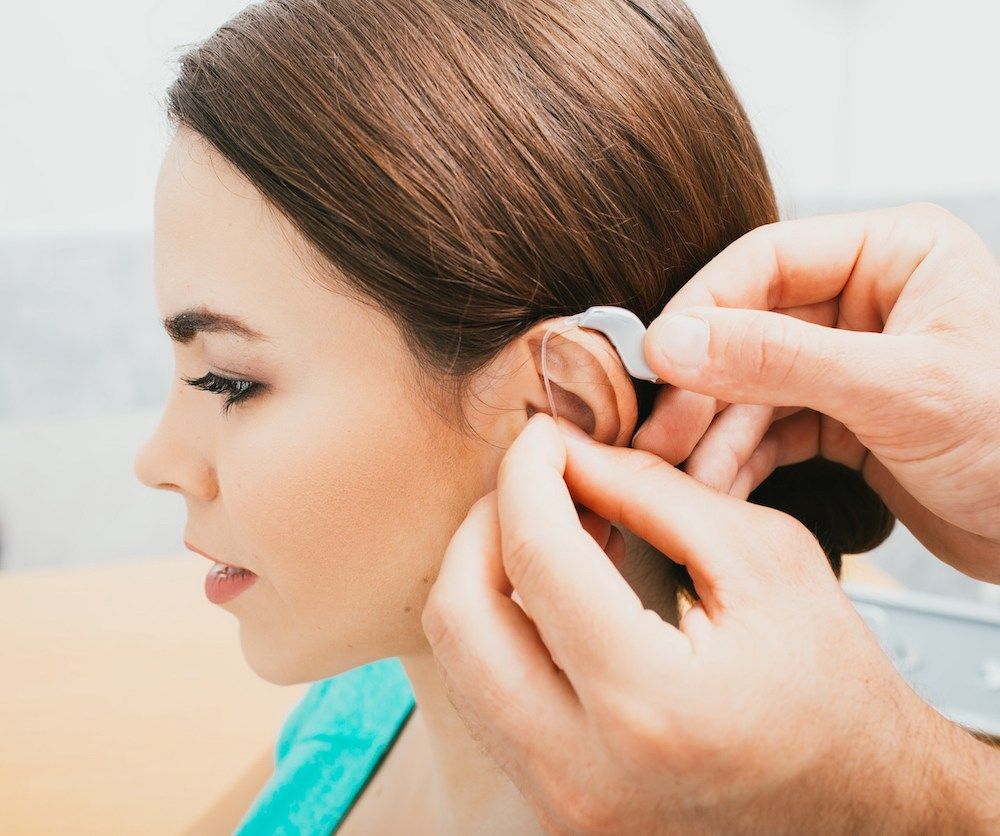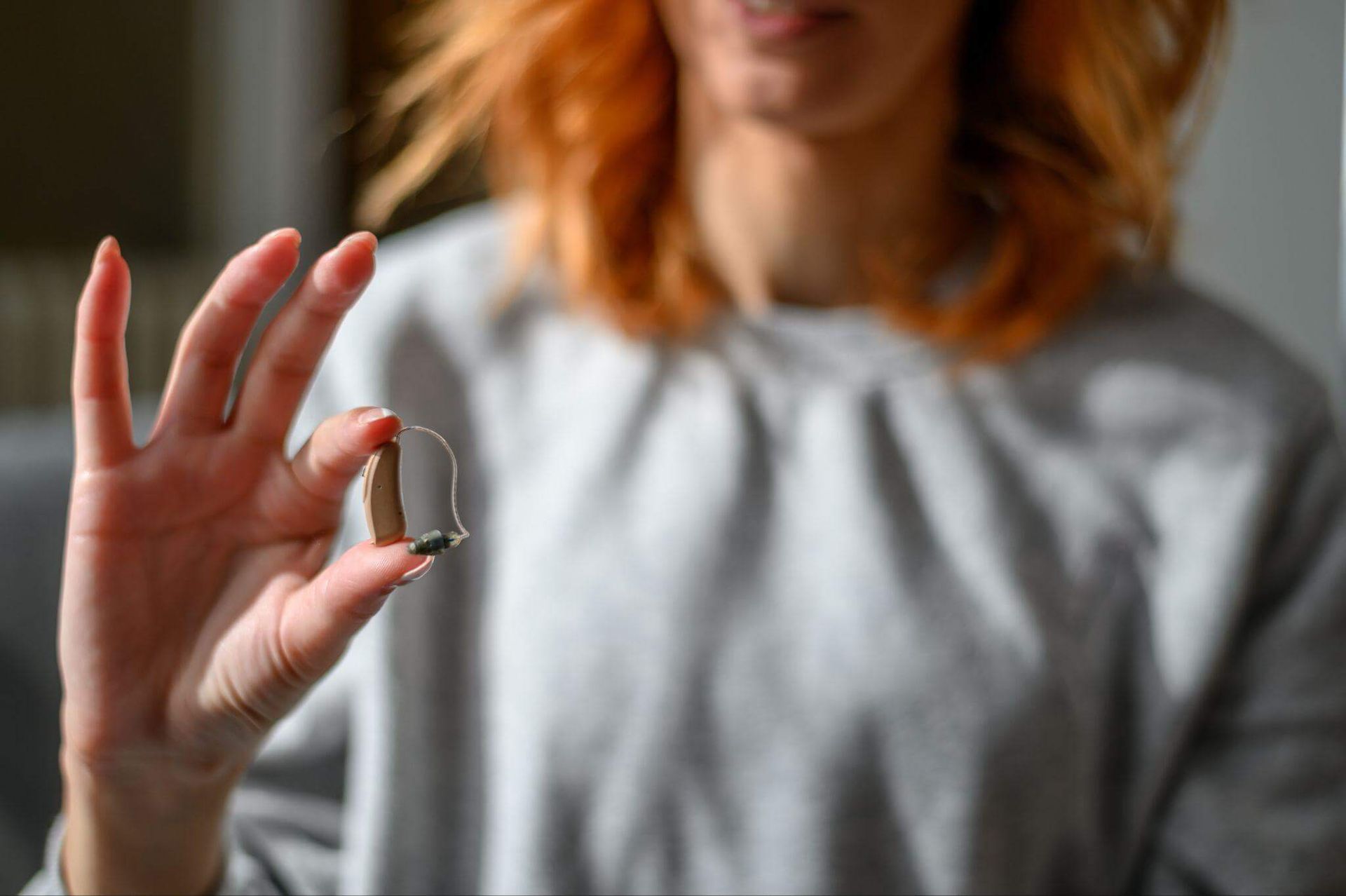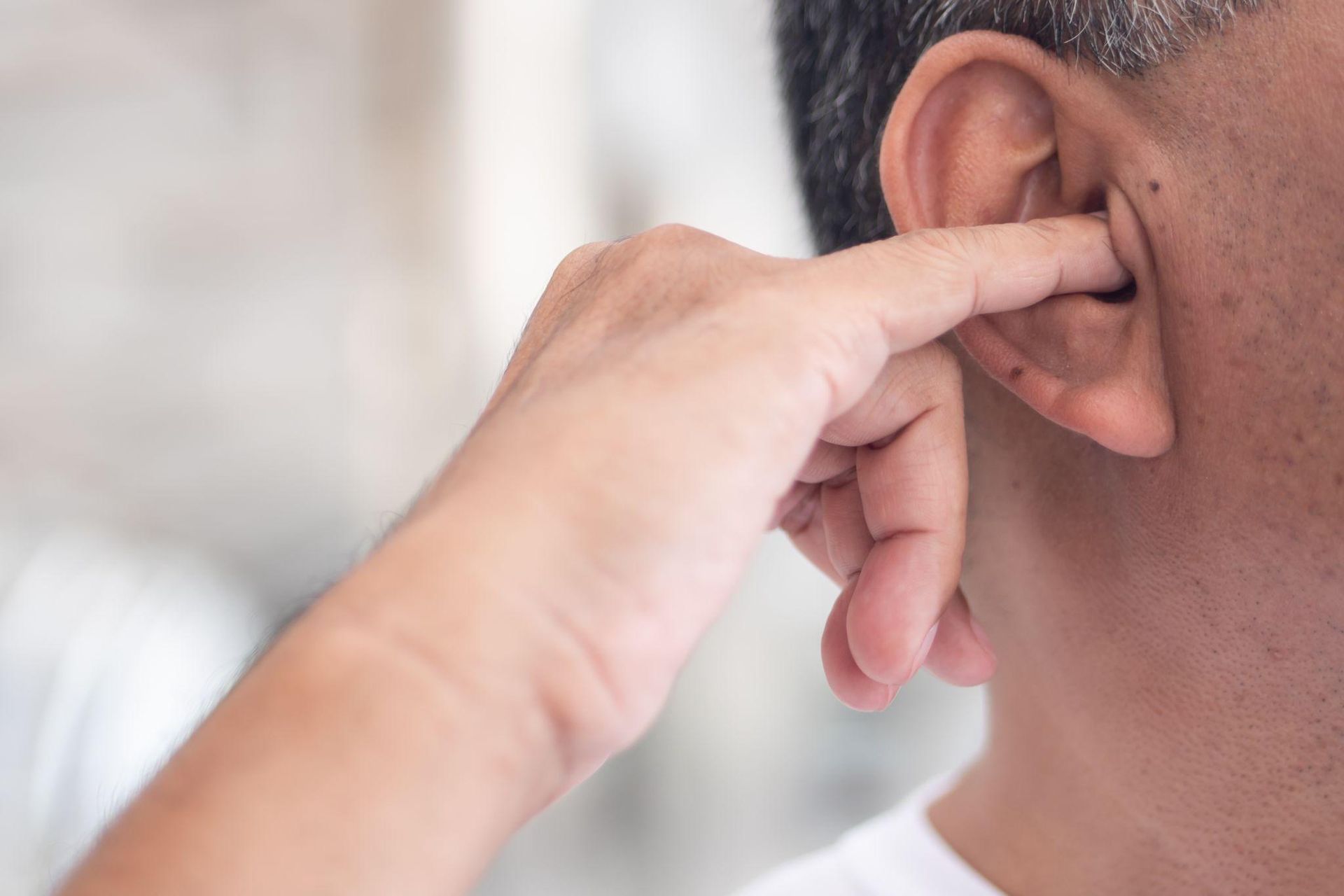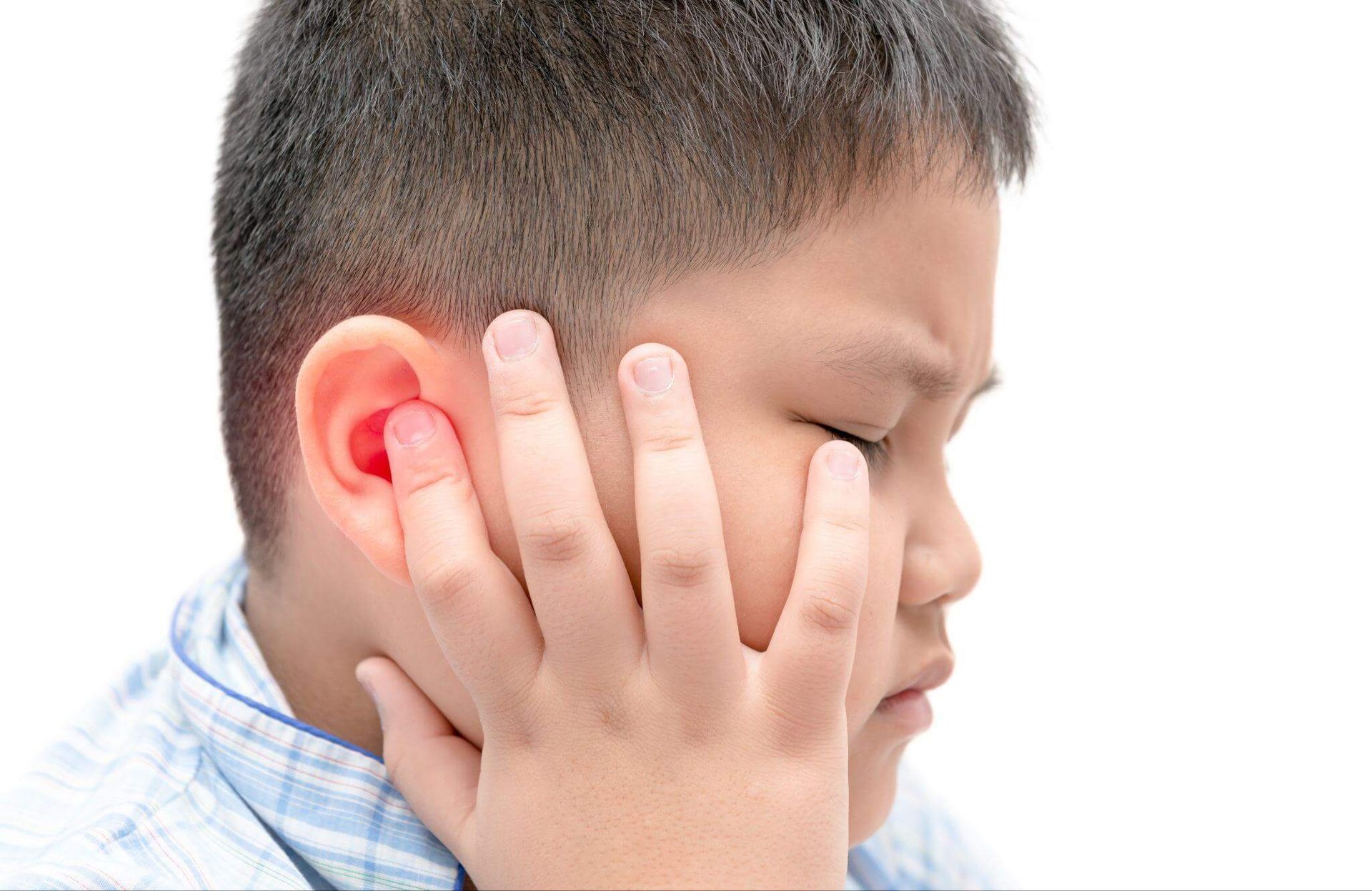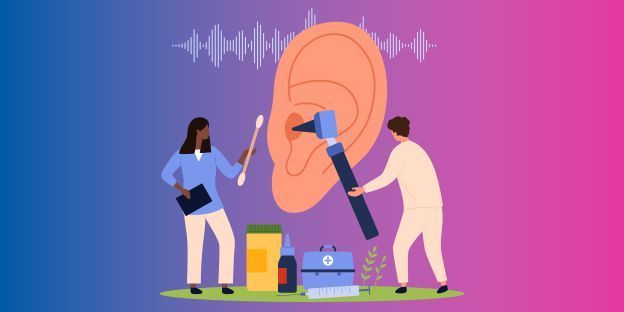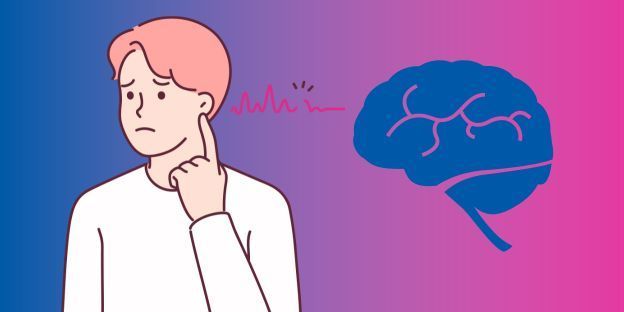Tips For Success With Hearing Aids
The top indicator for the success of hearing aids is that they're regularly used and become a part of your daily routine. This demonstrates the benefits of the devices – both noticeable or unnoticeable – outweigh some of the real or perceived challenges.
We understand that success with hearing aids is sometimes not immediate. It takes time to adapt to the new devices, and ongoing support can optimize the hearing aids over time. Fortunately, there are strategies that can help you make the most out of your hearing aids.
If you're selecting new hearing aids or already have devices, consider these tips for success with hearing aids. If you've recently got new devices, see our guide to getting used to new hearing aids.
Why do hearing aids fail?
The opposite of hearing aid success is failure. Most often, failure is when the hearing aids are rarely used and considered a mistake.
Hearing aids fail when the wearer doesn't get sufficient benefit from wearing them. Although there are a number of reasons this happens, it's usually because they were not properly matched to the wearer. Selecting the proper features and technologies is critical in the success of hearing aids.
Here are the top reasons why hearing aids are not regularly used:
If the hearing aids aren't necessary
Sometimes, the type or degree of hearing loss doesn't warrant hearing aids. Hearing aids may not be the best option for hearing loss caused by physical damage to the inner ear and auditory nerve. Alternative treatments (like cochlear implants) are often used to treat this kind of hearing loss.
If the hearing aids are expected to be a quick fix
Hearing is a complex process involving your ears and brain. Due to the brain's role in hearing, it can take some time to adjust to hearing aids.
Our brains are constantly adapting to sounds and can amplify and reduce them depending on our environment. For example, consider how we can focus on a single person's voice in a crowded restaurant or determine which direction sounds come from. Just as our brains adapt to our environment, they also adapt to hearing aids. This process sometimes takes time so hearing aids may not be a quick fix.
If the hearing aids are not fit properly
Sometimes hearing aid technology is beneficial, but the hearing aids are not properly programmed. Properly fitting new hearing aids goes beyond the physical fit: it's about programming the devices to the hearing loss of the wearer.
Modern hearing aids come with sophisticated computers that can be programmed to boost or block out certain sounds. Hearing aid fitting optimizes this technology so the output is more balanced and sounds natural.
If there is a lack of support
The process of getting used to new hearing aids can be bumpy and confusing at times. Ongoing support and adjustments from hearing care professionals will catch challenges earlier and determine appropriate solutions.
One of the main benefits of professional support is clarity on what to expect at every stage with new hearing aids. You can ask questions, troubleshoot problems and determine if your experience is normal.
Tips for success with hearing aids
At Discover Hearing, our focus is on helping people find hearing aids that they will look forward to using. We want to avoid decisions that you regret, so we rely on comprehensive testing, ongoing support and clear communication at every stage.
Here are our top tips for success with new hearing aids:
Get a comprehensive hearing test
Getting a comprehensive hearing test is the best way to find out if hearing aids are right for you. Our 30 to 40-minute audiometric evaluations can determine the severity, type and possibly the cause of your hearing loss.
Our registered hearing aid practitioners will use the information from a hearing test to outline the benefits and potential drawbacks of hearing aids. If hearing aids are recommended, we'll show you what to expect from different types of devices.
Understand the process and be patient
Your hearing instrument specialist will walk you through every step of the hearing aid process. They will explain the type and severity of your hearing loss, and then create a timeline so that you can evaluate milestones and measure your progress.
Again, this is a gradual process involving regular visits with your hearing instrument specialist and ongoing adjustments.
Ensure your hearing aids are fit properly
Discover Hearing will properly fit your hearing aids. This goes beyond the physical fit of the hearing aids and ensures your hearing aids match your hearing loss. You can expect:
- Appropriate programming of your hearing aids to match your needs
- Verification the programming is accurate
- Review of the comfort and positioning of the devices
It is our priority to ensure your hearing aids match your hearing loss so they will deliver the best possible results.
Get support
Ongoing professional support is included with your hearing aids from Discover Hearing. We will encourage you to come in for follow-up visits to check on your progress and confirm the hearing aids are working as expected.
We will answer all your questions and offer strategies to share what you are going through with your family and friends. Our team will demonstrate how to operate and maintain the devices, and we're available to clean your hearing aids or troubleshoot issues. If there are ever any issues, we are here to help.
Success is a moving target
Hearing aid success isn't the same for everyone. It can be a moving target: as you get more used to hearing aids, your hearing instrument specialist may adjust the settings to increase your amplification. As your lifestyle or hearing changes, we will continue to optimize your hearing aids so you get the most out of the devices.
Discover Hearing wants you to succeed. We don't want your hearing aids to remain in a
drawer. Book an appointment with us today so that we can work with you to understand your needs and find a solution that's tailored to you.

